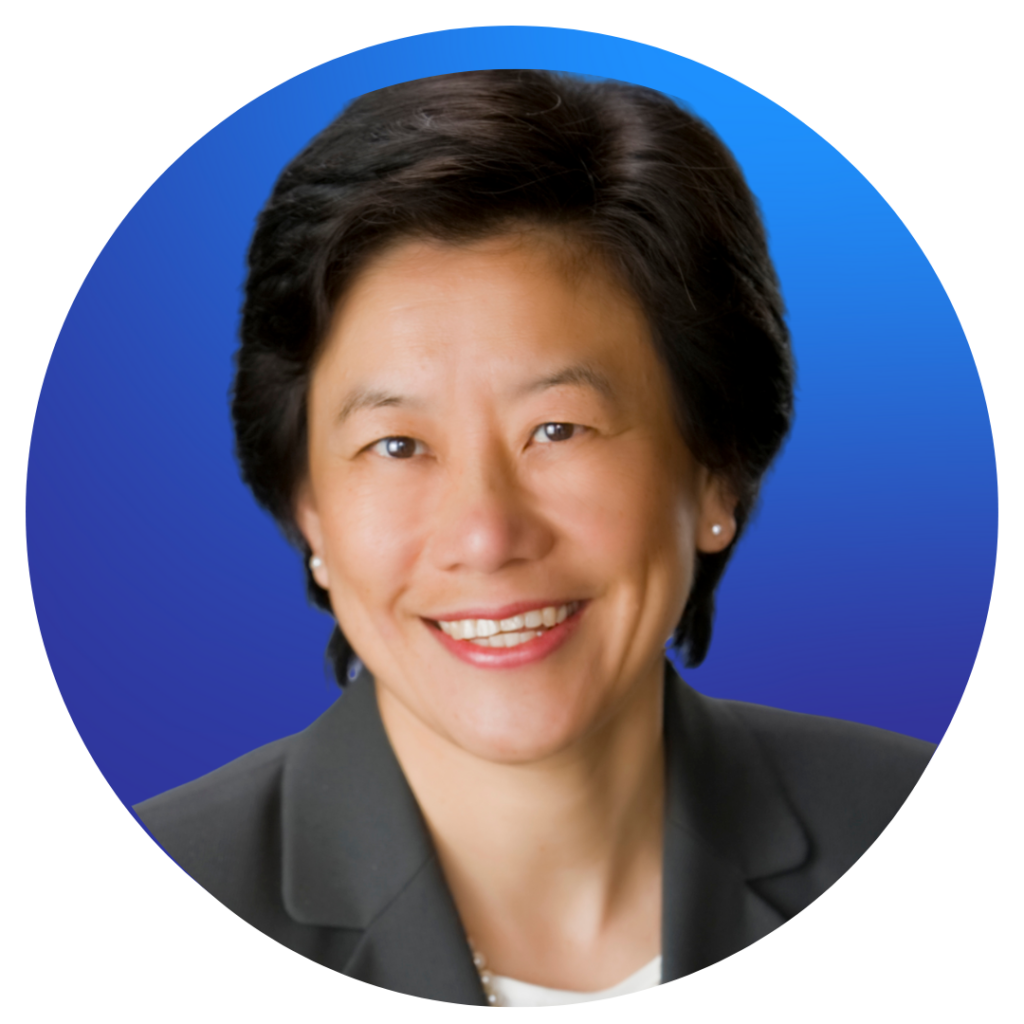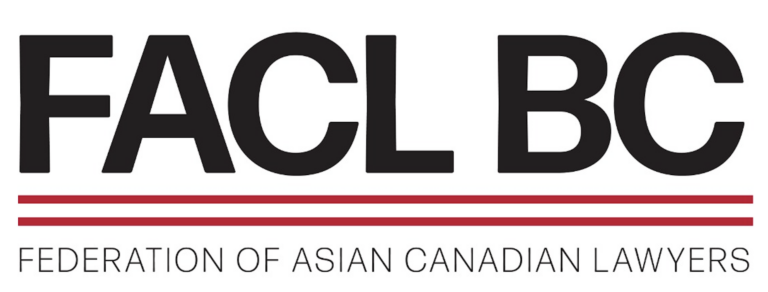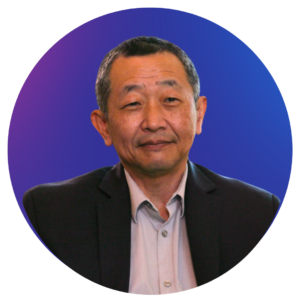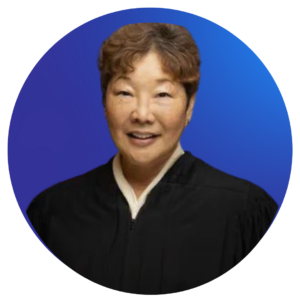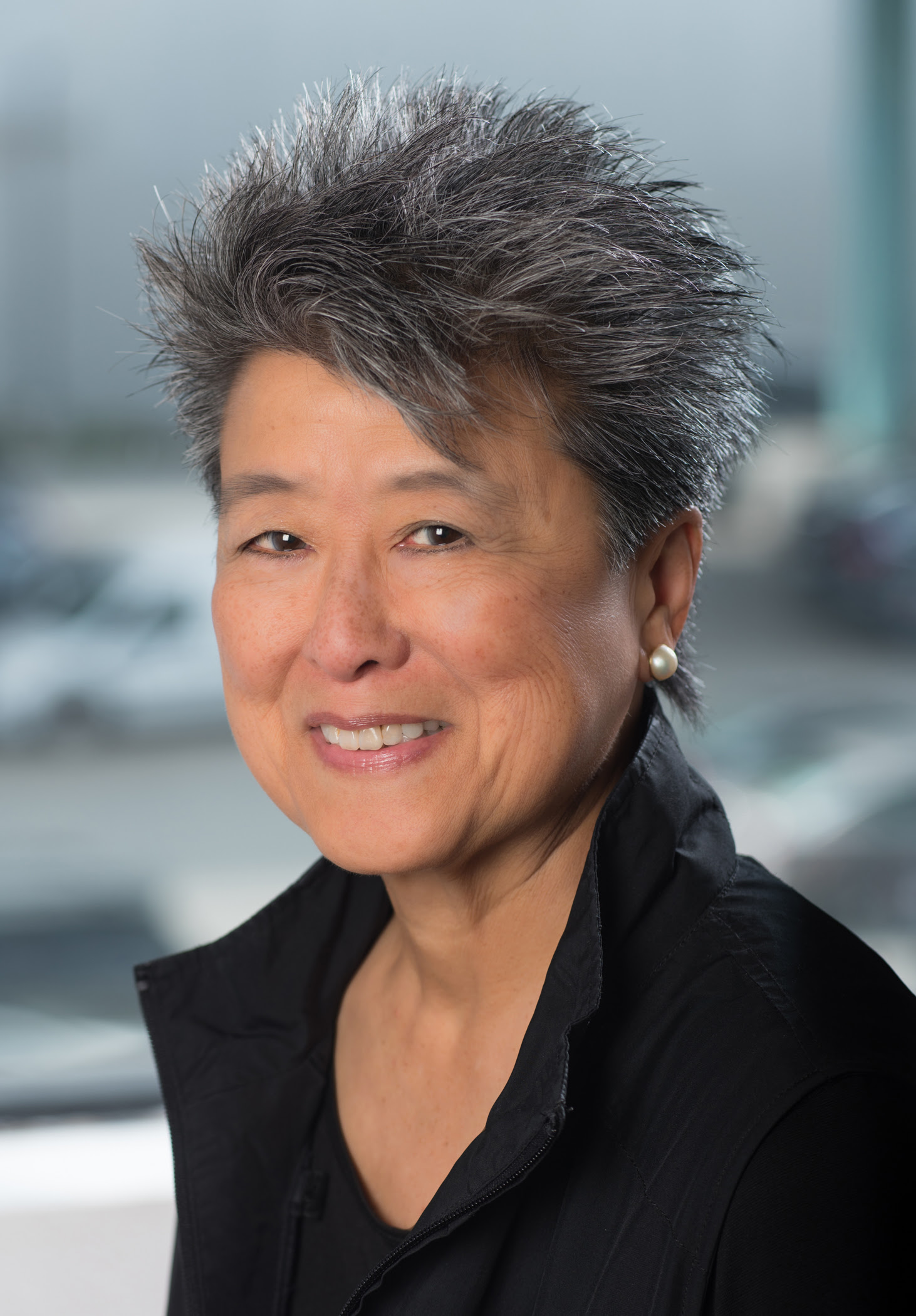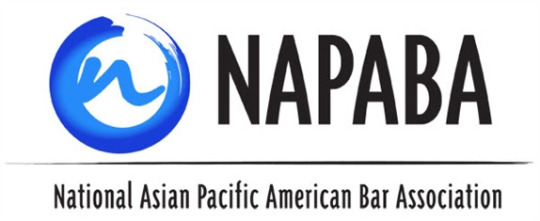
Join Us As We Celebrate Our Community
Each year, NAPABA celebrates legal professionals and organizations whose work exemplifies excellence, impact, and leadership in service of the Asian American, Native Hawaiian, and Pacific Islander (AANHPI) community. This year’s honorees will join an illustrious list of past recipients—Vice President Kamala Harris, U.S. Senator Mazie Hirono, Rear Admiral A.B. Cruz III (ret. USN), former Principal Deputy Solicitor General of the United States Neal Katyal, Executive Vice President, General Counsel & Secretary of Medtronic Ivan Fong, former Mayor of San Francisco Edwin Mah Lee (posthumous), Ambassador Gary Locke, Ambassador Katherine Tai, civil rights attorney Dale Minami, Chief Justice Tani Cantil-Sakauye, Chief Judge Sri Srinivasan, Judge Amul Thapar, President of Queens College Frank Wu, and activist and author Helen Zia to name a few—whose achievements have shaped the legal profession and advanced justice nationwide.
With award presentations now thoughtfully spread across the NAPABA Convention to create more meaningful moments of celebration, there’s never been a better time to nominate someone whose work inspires you. Let’s shine a spotlight on the leaders shaping our future.
2024 Award Honorees
2024 President’s Award
| Nancy P. Lee | Priya Purandare | Wendy C. Shiba |
INSPIRE Award
Military & Veteran Service Award
In-House Counsel Leadership Award
| Don Liu | Marty Lorenzo | Hannah Kim |
In-House Counsel Leadership Rising Star
Pro Bono Service
Award
Public Sector
Leadership Award
| Stephanie Chu Clausen | Muhammad Faridi | Jin Hee Lee |
Women’s Leadership
Award

| Manisha M. Sheth |
Affiliate of the Year
APA-Owned Law Firm of the Year
Law Firm Community Champion
Daniel K. Inouye Trailblazer Awards
Joseph J. Centeno
Robert S. Chang
The Honorable Leslie E. Kobayashi
| The Honorable Goodwin Liu | Christy Goldsmith Romero |
Best Under 40 Award



Onchantho Am
Aaron Bains
Aaron Bains


| Nyssa P. Chopra | Minsuk Han |


